Paletta affair: A question worth at least $37 million
Extra Junior Laguerre - January 13, 2023
Can an activity whose sole purpose is tax avoidance qualify as a business?
From 2000 to 2007, Mr. Paletta received income from other sources worth $38 million. However, $37 million was offset for tax purposes by losses on forward foreign exchange transactions. The Court had to determine whether the foreign exchange activities constituted a source of business income. If so, the losses of 37 million were deductible. Otherwise, the losses of 37 million were not deductible.
To remember, in 30 seconds:
- For taxation, the fundamental concept is the source of income;
- There is no taxation without income (with some exceptions);
- There is no income without a source;
- The case is now before the Supreme Court of Canada, so setting up a company simply for tax-avoidance purposes is certainly a paying game, but also a risky one.
According to the facts presented to the Court, “Mr. Paletta entered into pairs of contracts with brokerage firms, by which he undertook simultaneously to buy and sell equivalent amounts of a foreign currency at various dates in the very near future. As the currency price fluctuated, one of the two contracts moved into a gain position, and the other into a loss position. Before the end of the year, Mr. Paletta realized the portion equivalent to a loss, thereby crystallizing the loss for tax purposes. The portion equivalent to the gain was crystallized at the beginning of the following taxation year. Using this offset strategy, Mr. Paletta structured his foreign exchange contracts in such a way that, although the amounts transacted offset each other, one would result in a loss in the first year and the other in a corresponding gain the following year.
Mr. Paletta repeated the same steps in each of the years in question, so as to incur losses sufficient to neutralize the gain that would be generated by the realization of the foreign exchange contract at the beginning of the year, but also sufficient to cover his income (…) during the year. In this way, Mr. Paletta was able to defer tax payments indefinitely.
The Canada Revenue Agency (CRA) issued him notices of reassessment in 2014, after the normal reassessment period had expired. The CRA disallowed his reported foreign exchange losses of $37 million. CRA also imposed gross negligence penalties for all the years in which Mr. Paletta had reported losses from his foreign exchange activities.
At trial, the Tax Court of Canada allowed Mr. Paletta’s appeal and quashed the CRA’s reassessments. She concluded that Mr. Paletta was carrying on a business despite the fact that his foreign exchange activities had the sole and exclusive purpose of tax avoidance.
CRA appeals to the Federal Court of Appeal. The latter overturned the lower court’s decision. According to her, Mr. Paletta’s foreign exchange activities were not of a commercial nature, as he had no intention of making a profit. So these activities can’t be a source of income, since their sole purpose is to generate losses. In so doing, Mr. Paletta’s activities do not constitute the operation of a business.
Reference: Canada v. Paletta, 2022 CAF 86
To remember
The last chapter of this story has not yet been written. The decision of the Federal Court of Appeal has been appealed to the Supreme Court of Canada. If Mr. Paletta wins, it’s almost certain that Canada’s Finance Minister will quickly assess her legislative options. Stay tuned for the rest of this saga.
Please share:
255 Saint-Jacques Street, Montreal, Quebec, H2Y 1M6
(514) 419-1373
[email protected]

